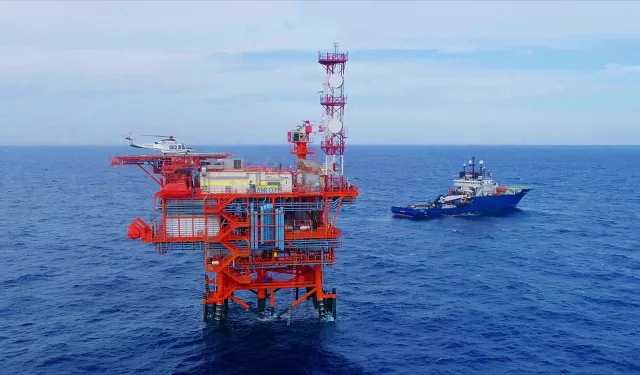Egypt’s Petroleum Ministry is poised to unveil what could be the largest-ever oil and gas exploration tender in the Red Sea, as it scrambles to plug deepening energy deficits and reverse a slump in domestic gas production.
A senior government source told Al Manassa that South Valley Egyptian Petroleum Holding Company (Ganope), a subsidiary of the ministry, is reviewing plans to double the number of exploration blocks in its upcoming auction—from three to six— in a move that could open vast offshore territory to foreign investment.
“This will be the Red Sea’s biggest exploration push yet,” the source said, requesting anonymity. “We believe these offshore geological formations mirror the lucrative deepwater zones in the Mediterranean—particularly those that yielded the Zohr gas field.”
Ganope and the Egyptian General Petroleum Corporation have already processed data for three gas-rich blocks. The ministry now plans to add three oil-focused areas to align with its 2026 production surge strategy.
In August 2024, sources had confirmed to Al Manassa that Egypt began fast-tracking seismic reprocessing and data re-evaluation across Red Sea blocks via the Egypt Upstream Gateway in a bid to court foreign bidders.
Egypt achieved gas self-sufficiency in 2018 after the Zohr discovery, but output has since deteriorated steadily. Latest figures show production has slumped to 4.5 billion cubic feet per day—well below the national demand of 6 billion.
“Securing reliable output from Red Sea assets is now a strategic imperative,” the source said. “Deepwater zones have a 60% greater success rate than onshore prospects, making them critical to Egypt’s energy calculus.”
If exploration and development go as planned, new wells in the Red Sea could contribute up to 2.6 billion cubic feet per day by the end of 2027—a potentially transformative boost for a country grappling with surging energy imports, the source explained to Al Manassa.
In 2019, three multinational energy firms abandoned their Red Sea concessions, citing poor economic prospects. Now, authorities are doubling down—offering incentives, easing entry costs, and investing in infrastructure—to lure back global interest.
“We aim to extract over 1 billion cubic feet of gas per day from new Red Sea fields alone,” the source added. He described the area as “geologically promising but chronically underexplored.” Officials are targeting a 20% contribution to Egypt’s domestic gas output from the Red Sea within a few years.
Egypt’s 2024/2025 balance-of-payments figures underscore the urgency. Petroleum imports soared to a record $19.4 billion, fueled by rising liquefied gas and refined fuel purchases.
